2024 Training Recap
EMS Education
Sustainability was a focus in 2024 with the development of a train-the-trainer model. Over the course of two weeks participants from police, fire, and Karagwe Diocese (KAD) received education in patient assessment, hemorrhage control, splinting, management of spinal cord injuries, peer support training, substance use disorder, and crisis intervention training. A total of 41 police officers and firefighters were included in the 2024 evaluation. Knowledge was measured utilizing a pre- and post-test. A statistically significant shift was observed after receiving KOPI’s training. All work is done in close collaboration with Dr. Peter Mabula and the Same Qualities Foundation (SQF).
This is the fourth cycle of EMS training in Arusha. Post-course evaluation over multiple years has concluded that participants who receive training focused on trauma management and mental health were better prepared to respond to emergencies and demonstrated a greater understanding of prehospital trauma care. A coordinated expansion of this program and subsequent evaluation efforts will help assess real world impact and determine how to increase support for first responders.
Mental Health Education
Previous studies have shown that regular exposure to traumatic critical incidents can result in psychological symptoms such as depression, insomnia, PTSD, anger, and anxiety. These findings are consistent with KOPI and SQF’s internal evaluation. We reviewed the mental health risks associated with stressful and traumatic experiences inherent in the work of a first responder and discussed what to do when you recognize warning signs of a mental illness or substance use disorder in yourself or your coworker. Special interest was paid to issues related to work-related anxiety, depression, and problem drinking. We discussed strategies for self-care and peer support to assist in resilience and fostering health work environments. Curriculum was developed based on international standards and included content from Psychological First Aid and Crisis Intervention Training. Dr. Rupa Joshi, a psychologist, located in Arusha and KOPI board member reviewed all content prior to delivery. She is pictured here handing out a certificate of completion to an Arusha firefighter.
In addition to the work mentioned above, KOPI continued its professional development work with local medical professionals at Arusha Lutheran Medical Centre. KOPI hosted it’s third cycle of World Health Organization Mental Health Gap Action Programme (mhGAP) training. We had our largest audience to date and were able to participate in rich lectures and discussions on international mental health efforts.
Same Qualties Foundation - The Arusha Emergncy Medicine Conference
Empowering Healthcare Workers - The Future of Emergency Medicine was the theme of the 2024 Arusha Emergency Medicine conference. Dr. Nathan Koranda, KOPI Executive Director, presented our work. His talk highlighted successes and lessons learned. He also made recommendations for future efforts. KOPI is currently working toward a plan for national expansion and we hope to have an update for you soon. Additionally, Dr. Ali Anwar presented our mental health work with first responders. To the best of our knowledge this is the first time this topic was addressed at this conference.



